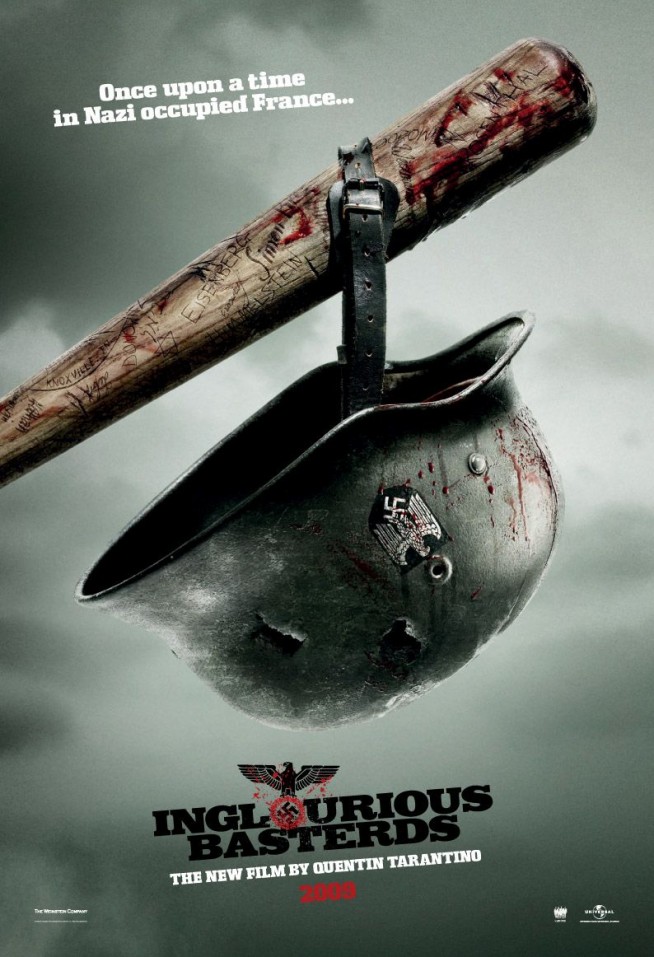By 2009, Quentin Tarantino had already established himself as an auteur director of incredibly hip throwback cinema, all cool dialogue and twisty plots and references to other movies, overly violent and vulgar, films that felt effortlessly old school and contemporary at the same time. But then he released “Inglourious Basterds” and the world saw what happened when Mr. Tarantino actually had something to say.
Movies like “Pulp Fiction” and “Reservoir Dogs” and “Jackie Brown” are very cool and awesome and stand the test of time, but they also don’t actually say much. One is a cool collection of stories, one is at the most about the different faces of ultra manhood in the guise of a failed heist, and the third is an adaptation of a novel that just exists as a cool crime story, with Tarantino throwing shades of 1970’s blaxploitation on top of it all, and they are all good, really good even, but don’t have much to say. But with “Inglourious Basterds,” Tarantino starts out with a revenge fantasy war western man on a mission movie and slowly morphs it into a story about the power of cinema and how art can combat tyranny as a weapon. It is pretty incredible how this story evolves and the ending works on that meta-level where there is an amazing combination of imagery and theme (you know, real story telling), and it just might be Tarantino’s best movie. And that is something considering he made “Kill Bill.”
Check out “Inglourious Basterds” right here on the Netflix Instant and watch Brad Pitt kill some Nazis.


 Review: ‘Need for Speed’
Review: ‘Need for Speed’ #572 – The Capricorn Kings
#572 – The Capricorn Kings #283 – The Secret Lives of Crespo Pets
#283 – The Secret Lives of Crespo Pets Review: ‘Inherent Vice’
Review: ‘Inherent Vice’
Leave a Reply
You must be logged in to post a comment.